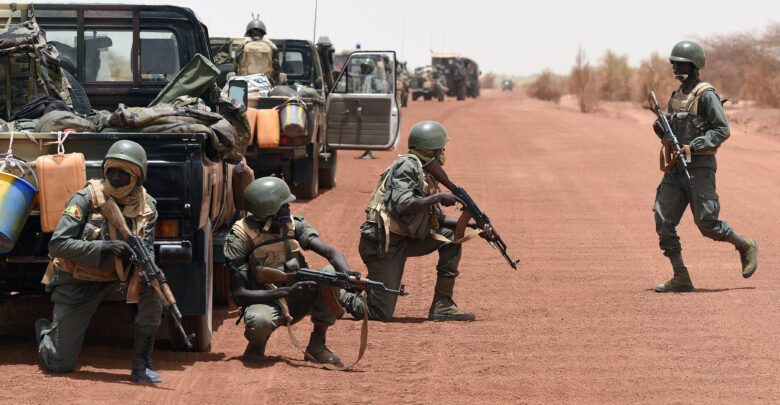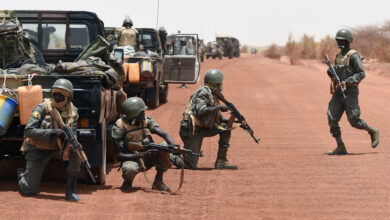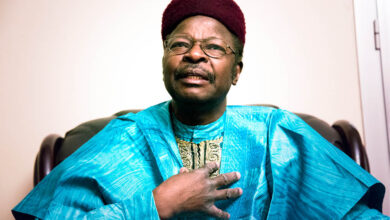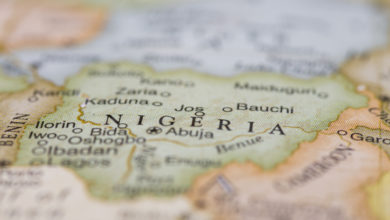Niger
Niger’s President Says Mali’s Withdrawal From G5 Sahel Marks End Of Alliance

Niger’s President Mohamed Bazoum on Wednesday said Mali’s withdrawal from the G5 Sahel, a multinational force created to fight Islamist militants, will mark the end of the alliance, reported Africa News.
On Sunday, Mali’s ruling junta announced that it was pulling out, blaming a lack of progress in the fight against the Islamists and accusing the organisation of being “instrumentalised” by “the outside world”.
The G5 Sahel force, which includes forces from Burkina Faso, Chad, Mauritania, and Niger was set up in 2017 to fight jihadists who have swept across the Sahel region, killing thousands of people and forcing millions to flee their homes.
“The G5 Sahel is dead,” Niger’s President Bazoum told French newspaper La Croix in an interview published on Wednesday. “The isolation of Bamako in West Africa is bad for the whole sub-region.”
Mali’s decision to withdraw the G5 Sahel, which is composed of around 5,000 troops, followed a tiff in relations with regional allies and with former colonial ruler France, prompted by the junta’s reluctance to hold elections after two successive coups.
Mali’s ties with former colonial ruler France have continued to deteriorate since 2020. Earlier this month, Bamako ordered French troops to leave its soil.
President Bazoum also said Mali had not sent its military forces to secure its part of the Three Border Area, a point in the Sahel where the borders of Burkina Faso, Mali, and Niger meet. He said the Islamic State fighters have taken control of the region.
Niger’s president said the country’s borders with Mali is under the control of the Islamic State in the Great Sahara and that Mali has not invested the outposts in this area.
The tri-border region has been the epicentre of the insurgency by groups linked to al Qaeda and Islamic State, which started in Mali a decade ago and spread.






